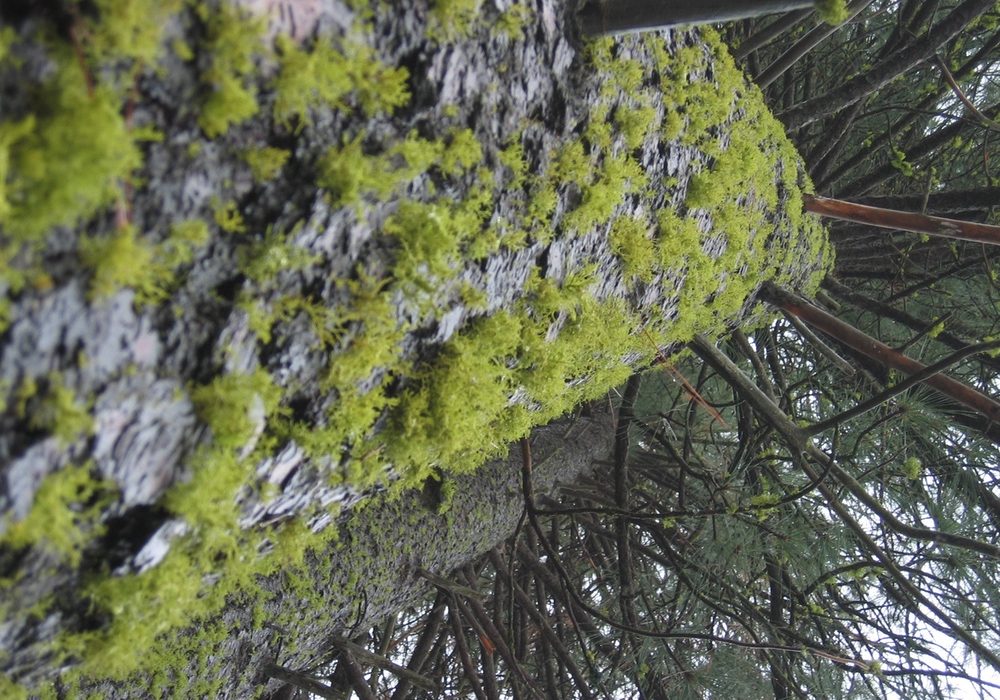We all struggle with this. No matter what our art is, there are always those bits that everyone sees and those bits that are covered up. And we face the question of how much effort to put into these various parts. It’s easy enough if it’s a hobby and you have all the time in the world. But you need to ship if you’re making a living off your art.
~ David Sparks, from Lessons From an Ancient Craftsman
slip:4umabo5.
It’s always good when, as above, I can get any sense of commiseration with other creatives. I had a hard time ever coming to understand I am a creative, and the imposter syndrome for me is eternal. (Also, apparently a shared experience.) Great piece from Sparks about exactly what that quote suggests.
Meanwhile, I’m reminded of something I say often, which comes from my paternal grandfather: When asked his opinion on something, (ala, “How’s that look?”) he’d reply, “A blind man in Idaho would be happy to see it.” This makes no sense, in several dimensions. I have no idea where he got that from. The Idaho bit in particular always made me wonder. He and I were generally in Pennsylvania, so Idaho is a long way away, but oddly specific, while still oddly vague. Where in Idaho? And why Idaho? Maybe Idaho was some Depression-era fake-magical place pushed by con-men and became a stand in for “anyone in Idaho must be really well off.” Because the whole point of the joke is that a blind person would be delighted to see anything. I dunno… maybe it’s a humorous construct because the Idaho part is so extraneous, it feels like it must be important? Really, does that reply mean it looks good, or it’s bad and I don’t want to tell you? I mean, the reply literally does nothing but dodge the question. Or, maybe I’ve just over thought this… for 40 years?
ɕ

